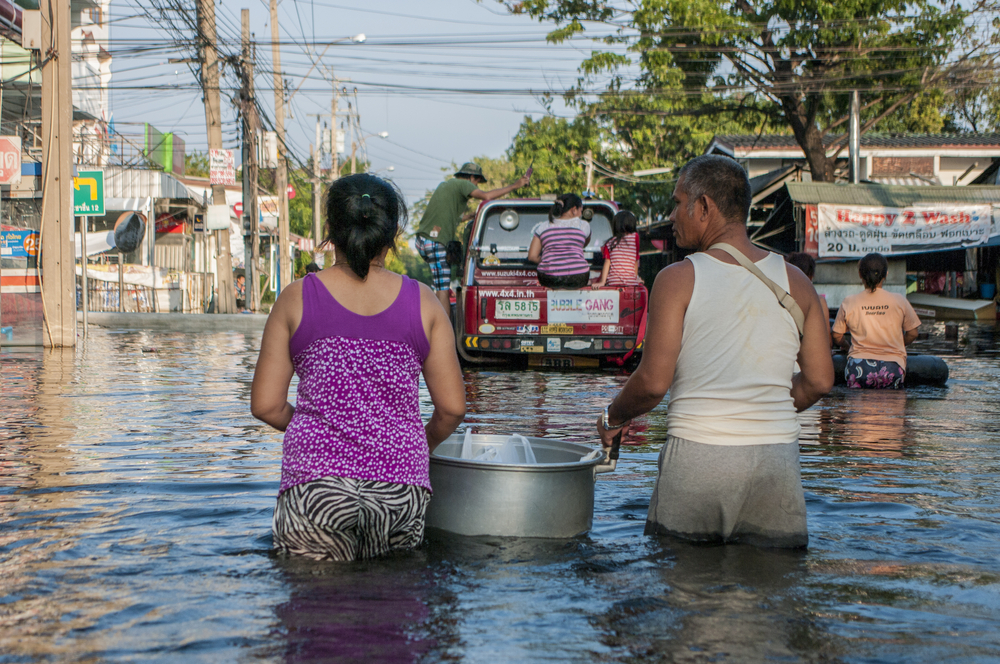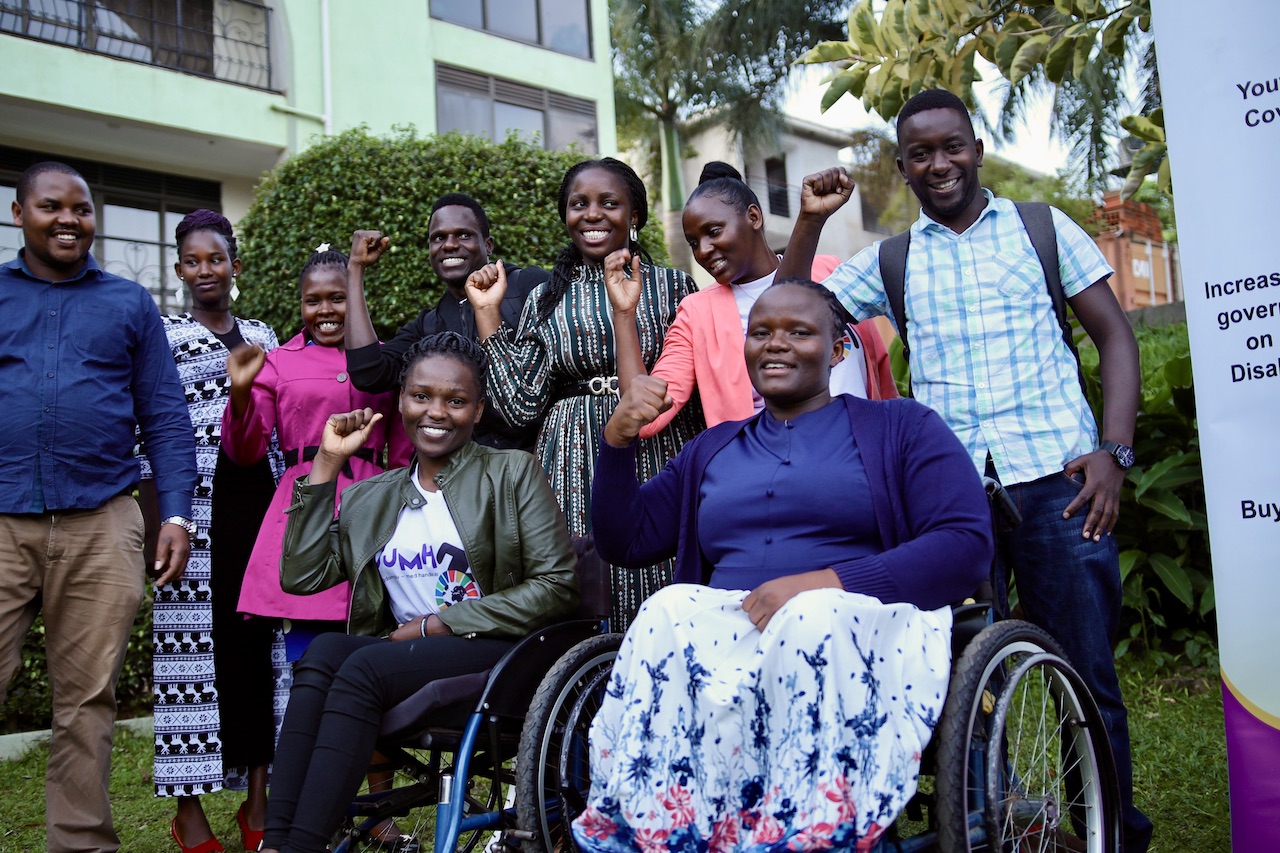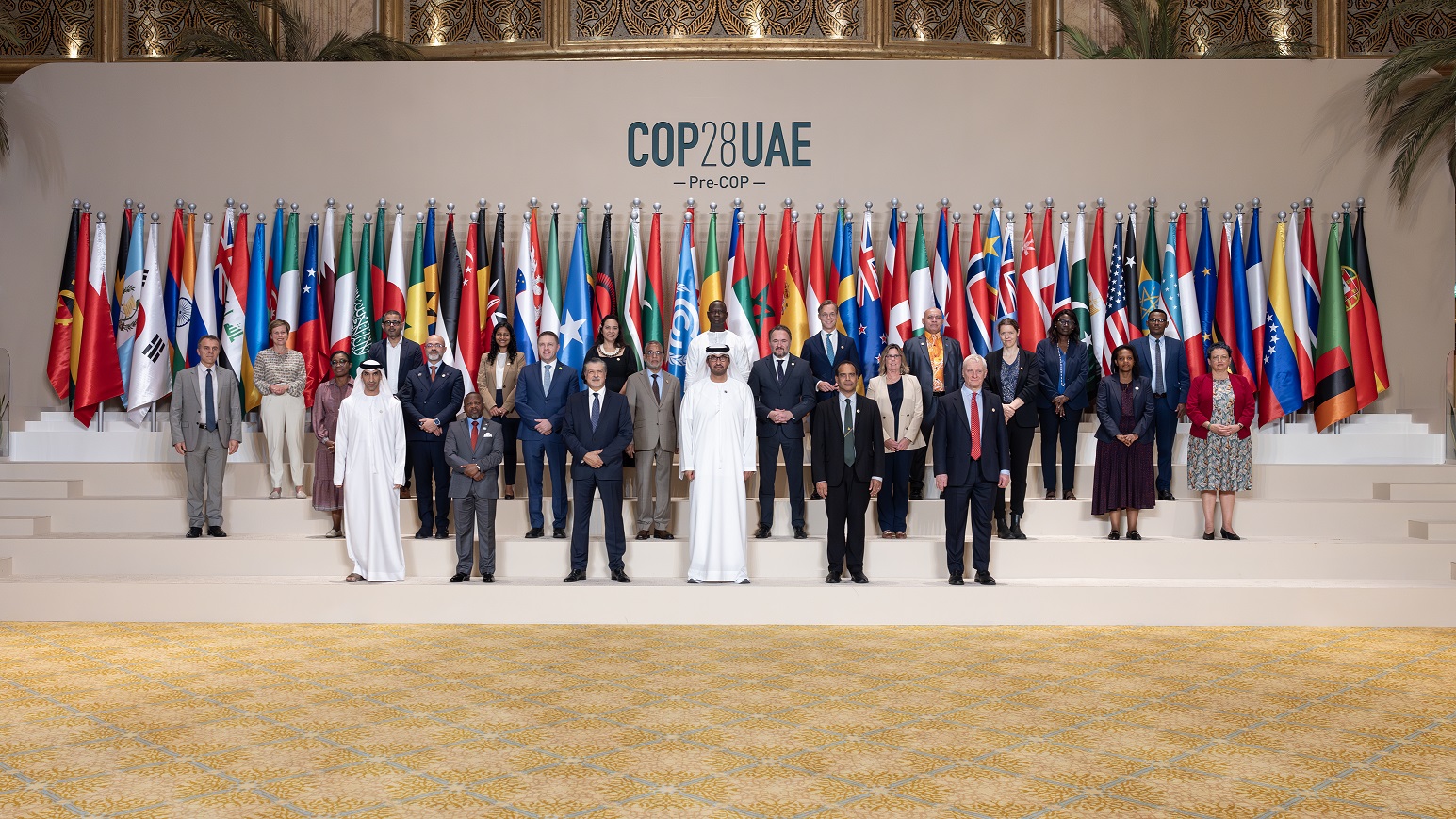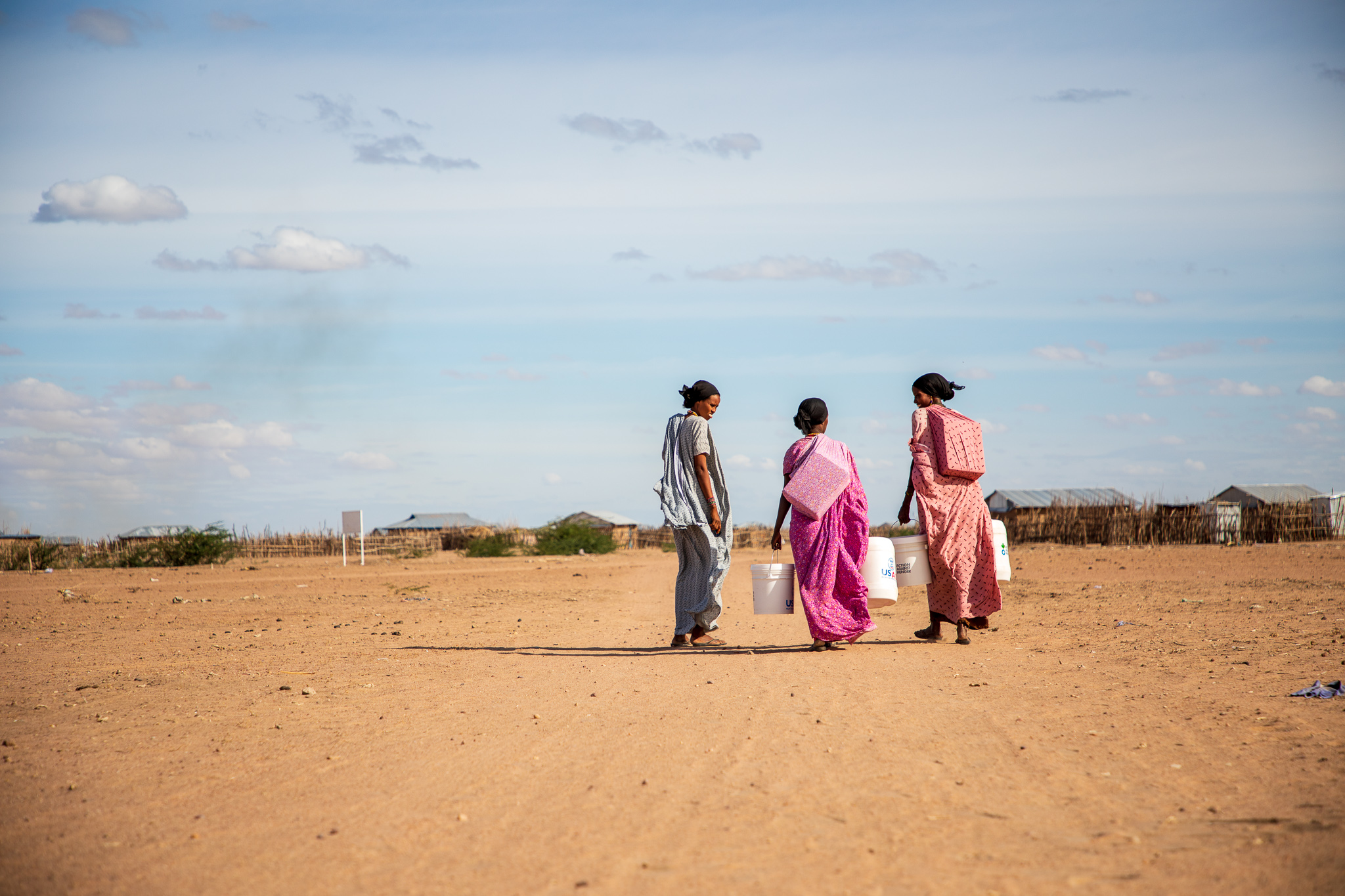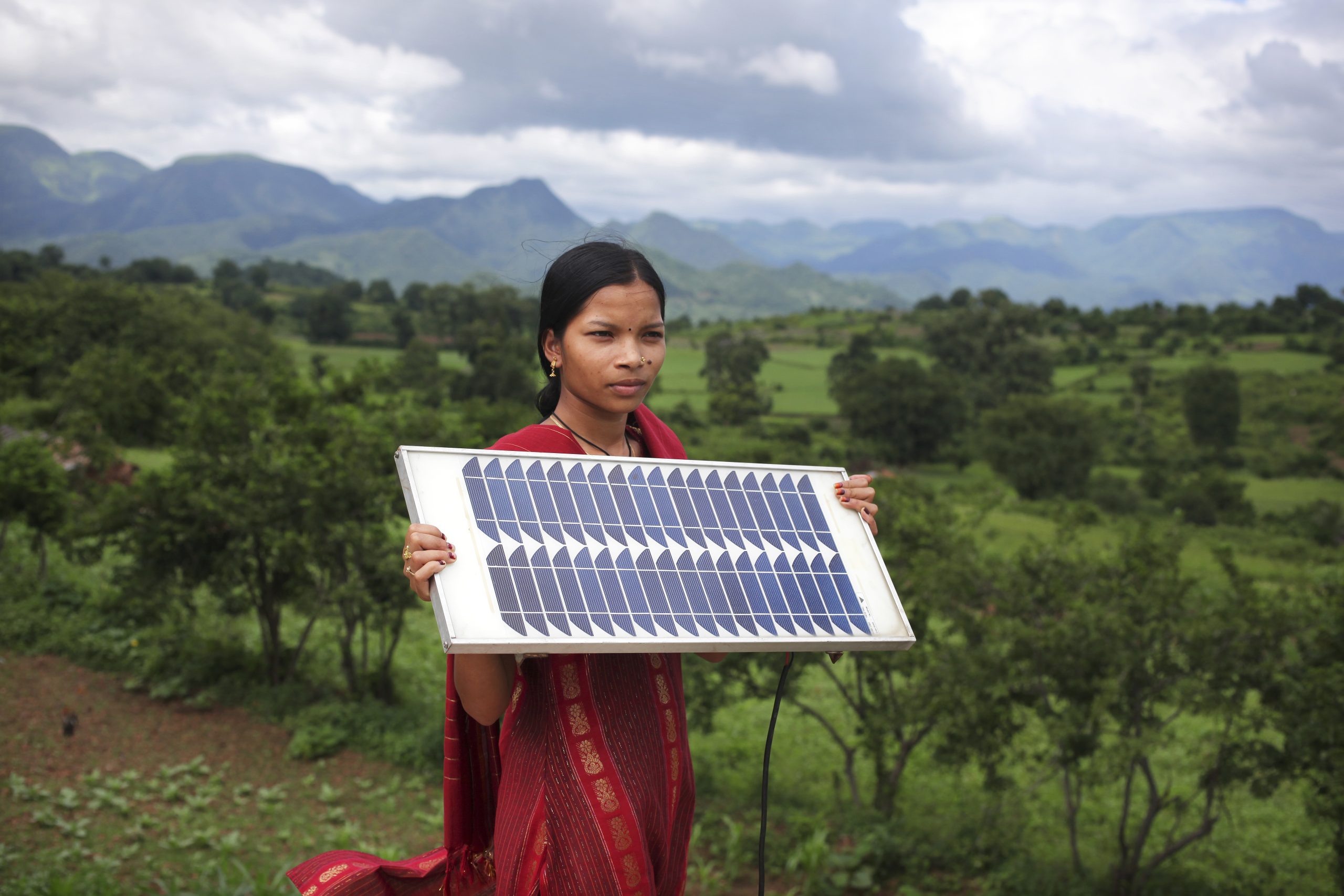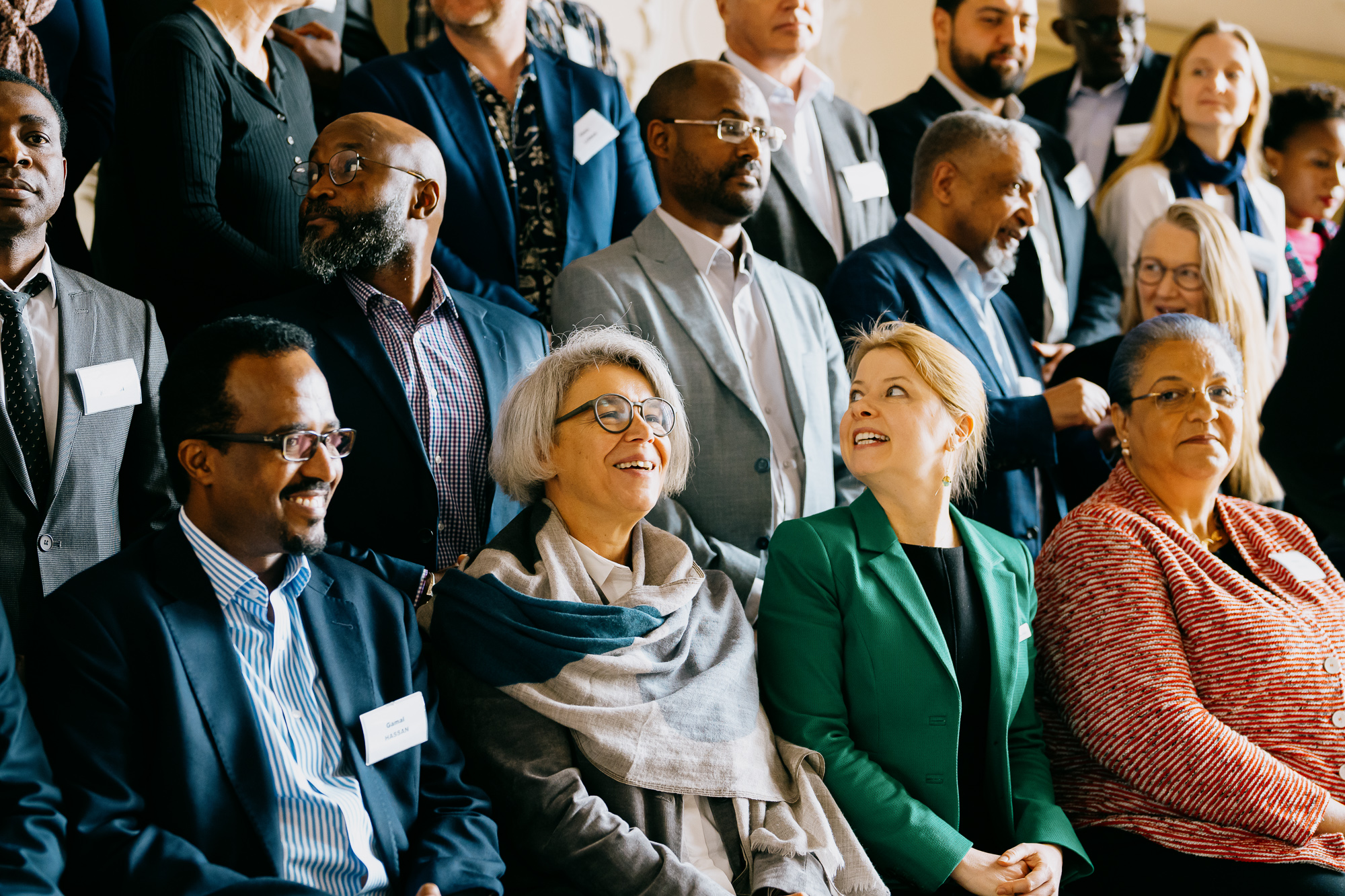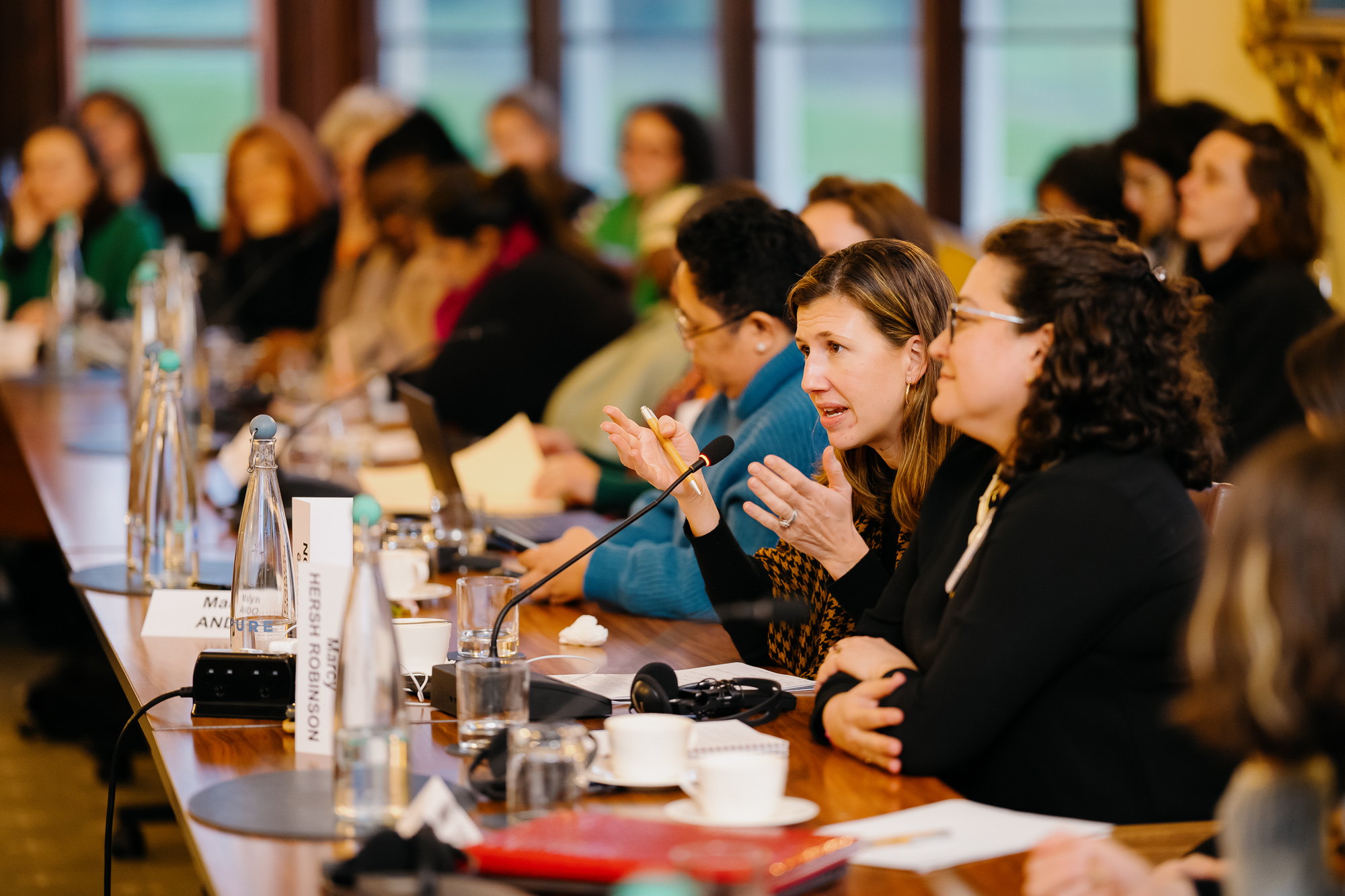Through a highly participative program participants explored the unique indigenous and local knowledge and skills of women and men in preventing and responding to disasters and how this knowledge can be adapted and taken into account in response.
This roundtable discussion run in partnership between Asian Disaster Preparedness Center and Wilton Park, and with support from the Royal Norwegian Ministry of Foreign Affairs, focused on gender issues in disaster prevention, preparedness and response in South and Southeast Asia. It brought together development experts, disaster risk reduction (DRR) practitioners, disaster managers, members from community and national networks, UN agencies involved in disaster management, academia and gender-focused networks in the region.
The overall purpose of the meeting was to highlight gender approaches to disasters through conversation, whether in the response phase, during the recovery process or in disaster prevention and preparedness plans. Discussion also included addressing gender based violence in disaster response as well as inclusion of vulnerable groups.
Recommendations
- Utilizing gender inclusive approaches in disaster management will build the capacity of women, youth, elderly, LGTB and vulnerable groups. There is a need to empower women by capitalizing on the important role they play, and what role they can play such as disaster risk reduction planners on a community level and information providers for both preparedness and response.
- Gender inclusive initiatives are an operational requirement to have efficient programs in vulnerable communities. These initiatives will need long term financial support.
- Monitoring and evaluation for gender inclusive approaches need to be conducted to see what works well and to present as replicable models. In response, loss and damage assessments should be gender specific and especially include gender- and age- disaggregated data. This is crucial in order to develop appropriate response plans and to illustrate how women, men, boys and girls and vulnerable groups are directly affected.
- Developing ‘women friendly spaces’ are important components of response operations. Other crucial issues include addressing gender based violence at a policy level as well as the multi-sector level including health and prevention. Prevention of gender-based violence can be initiated in response operations.
- Consistent sensitization of gender issues, particularly towards staff within response operations either on government, United Nations or NGO, need to be regularly carried out. Utilizing gender advisors in response operations has shown to be an effective mechanism to ensure gender considerations are taken into account and coordinated. There needs to be a focus on co-ordination and collaboration between aid agencies and other stakeholders for an effective cluster approach.
- Policy for gender inclusive preparedness would benefit from an integrated approach, based on linkages between all stakeholders. One recommended action point is supporting government capacity to incorporate Gender Action Plans for more efficient and successful project management with a gender sensitive approach. Lessons learned show that multiple overarching guidelines to direct policy have been effective in translating policy into practice.
- Country-specific recommendations for gender inclusive approaches to disasters, outlined during the discussions, are noted in the report.
Further information
Photos on Flickr
Rappler: How disasters make women and children vulnerable to abuse
Video: One Year Later – Rana Plaza (Primark)
Newshour: 120 experts calling for gender-inclusive disaster risk management
ADPC Media Release – 120 experts calling for
gender-inclusive disaster
risk management
ADPC Media Release – Regional round-table
discussion on genderinclusive
approach to
disaster management
in the Philippines
Asian Disaster Preparedness Center Regional Workshop
News
ADPC news: Gender-inclusive initiatives are a requirement for effective disaster risk management
Blog
Why gender matters in natural disasters? by Sarah Martin
Post Cyclone Nargis: The impact on women by Sarah Martin
Victims of fire: Understanding women’s vulnerabilities in urban Bangladesh by Shamima Akhter
Is emergency response different for women and men? by Alexandra J. Robinson
Addressing gender-based violence in crises in the asia and the pacific region by Devanna de la Puente
Social media
Social media engagement is encouraged for this event. Comments might include a summary of what is being said (non-attributable), the direction of the discussion or general impressions of the conference.
For Twitter users, please include @WiltonPark when tweeting and we will retweet your message.
Partners on Twitter: @ADPCnet
Suggested hashtags: #genderDRR
